The Definitive, Entirely Subjective Ranking of Percival Everett's Novels
The ones I've read, anyway.
I have heard tell in some parts of this here Substack platform that Percival Everett’s James, his riff on Mark Twain’s The Adventures of Huckleberry Finn, is not a good novel, that it is overrated, the product of hype, and even that it’s intended as some kind of cosmic joke on white people along the lines of My Pafology, the novel within the novel within Everett’s Erasure (adapted as the film American Fiction) that makes use of every gross trope about Black people in an attempt to indict the performatively well-meaning white folks of academia and publishing as racist.
Anything is possible, and there’s no doubt that Percival Everett loves his extratextural puzzles, particularly in the interest of satire. There’s also no doubt that there’s similarities between the economiums given to Fuck (the final title of My Pafology) and the reviews of James, but when it comes to whether or not James is a My Pafology-type attempt, my take is…nah.
First, James is an excellent novel as it stands, a well-constructed, funny and moving adventure story, much like the original text it was written in relation to. We should pause for a moment and reflect on the stones it takes to take on Huck Finn in a way that is both sincere and satirical and that manages to both pay homage to the book and to interrogate it and the country from which it was spawned in the process.
Second, Everett is a well-established admirer of Twain and Huck Finn. A Twain epigram prefaces Erasure.
I could never tell a lie that anybody would doubt, nor a truth that anybody would believe. - Mark Twain in Following the Equinox
Everett knows that Twain is the first fully American author and other American authors must grapple with what Twain has put before us for good and ill. If you’re looking for interesting reading about the import of Twain, I recommend Toni Morrison’s introduction to a republished edition of The Adventures of Huckleberry Finn in which she grapples with her shifting experience of the text over time, concluding, “For a hundred years, the argument that this novel is has been identified, reidentified, examined, waged and advanced. What it cannot be is dismissed. It is classic literature, which is to say it heaves, manifests, and lasts.” Everett loves to mess around in his fiction, but that messing around is often deadly serious, and I don’t think he would reduce James to a cheap joke at the expense of liberal white people.
Maybe I’m wrong, and if/when James wins the Pulitzer he’ll indict us all in a lacerating speech, the triumph Everett denies Monk Ellison at the end of Erasure.
I recommend
’s review of James to appreciate the depth of connection to and interrogation of Huck Finn that Everett brings to the table. There’s no cheap trick going on here, I don’t think.However…there is some talk among some of the longstanding readers of Percival Everett that suggests there is something not quite right about the attention, acclaim, and sales that James has garnered because while the novel is excellent, it is not Everett’s best.
These reactions have a certain whiff of R.E.M. fans circa 1988’s Green album, their first with Warner Brothers, when they grew from sizable cult to definitively mass audience. Sure, Green is good, but you should hear Reckoning man! Thankfully, we’ve moved past the discourse about “selling out” maybe because no one has any choice but to sell out anymore. While James has all the hallmarks of a Percival Everett novel, it is also a Percival Everett novel published by a Big 5 house and with a sizable, richly deserved, advance attached. This is a book that everyone seemed to think had the potential for wide appeal. And they were right! Are we now saying this is a bad thing?
It’s strange to think that wide appeal somehow discredits a literary writer. Something similar seems to attach to Sally Rooney. There’s so few best selling outright literary writers that we don’t really have to go through this dance all that often, at least until Jonathan Franzen shows up again.
James is great. But truth be told, it’s not the novel that I think is Everett’s best.
I’ve got to be clear about the bar here. In 2017, writing about So Much Blue I declared Percival Everett the greatest living American novelist. This is a belief I’d held for several years before putting it into print. Of the eleven novels of his I’ve read, there is not a single dud in the bunch. They are all good. I’m not prepared to say that this means every single one of the two-dozen novels that Percival Everett has published are all great, but the indicators of such a thing are quite strong.
So, only a fool would attempt to rank the novels of Percival Everett (the one’s he’s read, anyway) by quality.
I’m that fool.
Here follow the definitive ranking of the Percival Everett novels I’ve read counting down from 11 to 1.
The Definitive Ranking of the Percival Everett Novels I’ve Read Counting Down from 11 to 1.
11.
Glyph is one of Everett’s straightforward satires (meaning the satirical frame powers the novel), this one of poststructuralist philosophy. The book is centered on Ralph, born with a 475 IQ, and who has read the full canon of western literature while still in the crib. Everyone wants a piece of Ralph’s genius, including the Defense Department, and Glyph has Everett working in one of his go-to modes, the caper as Ralph tries to dodge the forces that want a piece of him. The book is smart and entertaining, but I am not smart enough or well-read enough to truly appreciate everything Everett’s doing in the novel.
10.
Grand Canyon, INC is technically a novella, but it’s been sold as a stand-alone book in several formats, including the above a gorgeous volume that comes coupled with artwork by Richard Prince as part of the Gagosian Picture Books, an imprint overseen by the writer Emma Cline. The novella tells the story of big game hunter, Rhino Tanner, who returns from Africa with designs on privatizing the Grand Canyon by constructing an amusement park. Another broad satire that takes a lot of shots and hits most of the targets.
9.
Percival Everett by Virgil Russell showcases one of Everett’s frequent preoccupations (as in Erasure) the story in the story. In this case, the son, Percival, visits the father, Virgil, in a nursing home and sees his father writing a novel that his father says is by his son (Percival). Got it? The storytelling doubles abound as part of the novel involves a man dreaming about Nat Turner telling the story of William Styron, the author of The Confessions of Nat Turner. It’s a testament to Everett’s ability to unspool a shaggy dog tale with such energy that the book doesn’t disappear put its own keister, but as his metacommentaries on authorship go, there’s titles I enjoyed more.
8.
Let the fact that So Much Blue, the publication of which led me to write my greatest American novel column, comes in the bottom half be a both a testament to the quality of the overall work, and to the difficulty of distinguishing among the remaining titles. As the painter Kevin Pace works on what may be his masterpiece, hidden from anyone seeing what he’s up to, he reflects on the past, a brief affair in Paris from a decade ago, and many years earlier a harrowing trip to El Salvador with a friend to try to retrieve his friend’s drug-dealing brother. This is Everett working outside of his common satirical mode, and the different story threads braid together into a fascinating mix.
7.
I sort of can’t believe that I have Dr. No this low given that it’s a book that made me laugh out loud more than any other in the last five years. Dr. No is satirical, but more overtly comic than some of Everett’s other novels. A genius math professor, Wala Kitu, (his first name means “nothing” in Tagalog, his last in Swahili) is the world’s expert in “nothing” and is kidnapped by an evil genius who was motivated to become a Bond villain by the assassination of Martin Luther King, and wants to break into Fort Knox and steal “nothing.” Everett knows both his metaphysics and his Bond movie tropes, and the puns alone will keep you busy laughing for most of the book.
6.
Erasure is great. There’s nothing wrong with Erasure, and I thought American Fiction got it about 80% right, which is as much as you could expect for a film that is trying to find mass audiences. It’s just that Erasure it comes in slightly behind my favorite Percival Everett satire that deals with the difficulty of a split between your public and private identities.
5.
I Am Not Sidney Poitier is the first Percival Everett novel I ever read, which led me to his back catalog and has made me a reader of him ever since. This novel just tickles me. Another story about identity, the main character’s name is Not Sidney Poitier, despite (or maybe because) that he looks very much like Sidney Poitier. Sidney is orphaned at eleven-years-old and is then adopted by Ted Turner. Yes, that Ted Turner. The novel only grows better and weirder from there.
4.
As I said, James is terrific and if you pick up a later printing you can see me saying so on the back cover. Still, I there’s three Percival Everett novels I like more.
3.
Suder is Percival Everett’s first novel and it’s amazing to see all of the crazy inventiveness and smarts and extra-textual connections at work out of the gate. The titular character, Craig Suder, plays third base for the Seattle Mariners, but when he hits a slump and starts to believe he may be losing his mind (as his mother did before him), he hits the road, adopting an elephant and intersecting with a cast of eccentrics along the way. It is impossible to know what is going to happen in this novel, and yet when the happenings happen, they seem just right.
2.
Telephone is an absolutely haunting and propulsive novel that manages to be both an exploration of grief, and a taut thriller. It also gets into some of Everett’s fascination with geology and the land and landscape of the West and like Dr. No (which it precedes) is invested in exploring the nature of “nothing.” Similar to So Much Blue, the hangs on a character (in this case a geology professor) feeling vaguely disconnected from his life and work, but this is upended when is daughter shows signs of a debilitating degenerative disease. He subsequently hurls himself into a dangerous scenario. There are three different versions of the book (indicated by different color Graywolf colophons on the spine) with differing endings.
1.
The Trees is all of Percival Everett wrapped up into one hilarious and strange and dramatic package. Two Black investigators from the Mississippi Bureau of Investigation (MBI) are tasked with investigating a series of murders of white people where each victim is accompanied by another body, the ruined corpse of Emmett Till, the 14-year-old boy who was kidnapped and lynched by white vigilantes in Mississippi in 1955. It’s a funny take off on police procedurals as the MBI investigators go about their business intersecting with all manner of ridiculous and idiotic local folks. It’s fantastical and unpredictable, but treats those things with total deadpan, increasing the comedy and the uncertainty simultaneously. In the aftermath of the murder of George Floyd, it interrogates the long history of state sanctioned violence against Black citizens.
When I started this process, I knew The Trees was my number one. It’s a masterpiece.
There you have it, the definitive ranking with which their can be no dispute.
Unless someone would like to engage in dispute, which I encourage in the comments.
Links
This week at the Chicago Tribune I pay my personal homage to David Lodge, the great satirist of academia and wonderful writer about the nature of stories who recently passed away at age 89.
At Inside Higher Ed I explored why I think it’s important to help students see why they’re supposed to be doing the work of a particular course, especially now that we have technology that may allow them to fulfill the course requirements without even pretending to do the work.
The big news in writing world this week was a Romantasy plagiarism scandal on which Katy Waldman went deep at the New Yorker. Jumping off from the story,
offers some helpful perspective on why we should resist giving into a market that seems to value “slop.”At his newsletter,
considers the amazing archive of the correspondence of neurologist and writer Oliver Sacks, author of Awakenings and The Man Who Mistook His Wife for a Hat among many other books.From my friends
this week a piece pointing out some of the contradictions in the libertarian point of view: “I Will Pay Any Amount to Not Pay My Taxes” by Andrew Singleton.Recommendations
1. Ethan Frome by Edith Wharton
2. Rhine Journey by Anne Schlee
3. Blind Owl by Sadeq Hedayat
4. Minor Detail by Adania Shibli
5. Penance by Eliza Clarke
Ruthie L. - Brooklyn, NY
Not clear to me why my Biblioracle senses are giving me this one, maybe just because the above are all interesting books, and this is an interesting book, Duplex by Kathryn Davis.
1. A Man of Two Faces by Viet Thanh Nguyen
2. Wednesday’s Child by Yiyun Li
3. The Silent Patient by Alex Michaelides
4. Here I Am by Jonathan Safran Foer
5. Toad by Katherine Dunn
Karen R. - Beverly Hills, CA
I’m going to go a bit further back than this list and recommend The Virgin Suicides by Jeffrey Eugenides. I wonder what he’s been up to lately.
I’ll keep the plea to pre-order More Than Words: How to Think About Writing in the Age of AI low-key this week, but if you are interested in preserving a world where reading and writing mean something, it may be a book for you.
Thanks, as always, for reading and subscribing and supporting my work. It is a real balm to the spirit.
See you next week,
JW
The Biblioracle

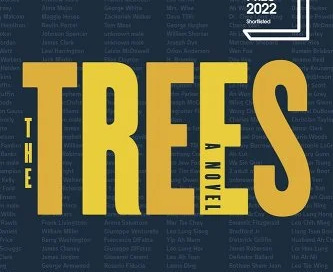


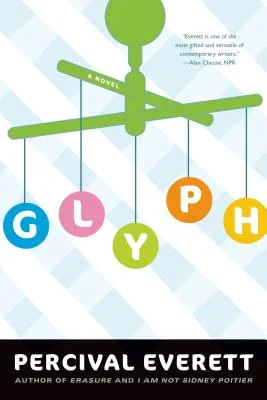
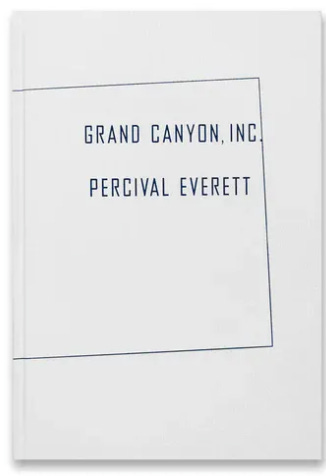
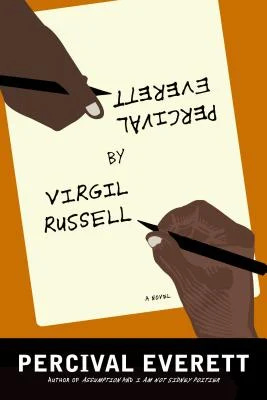

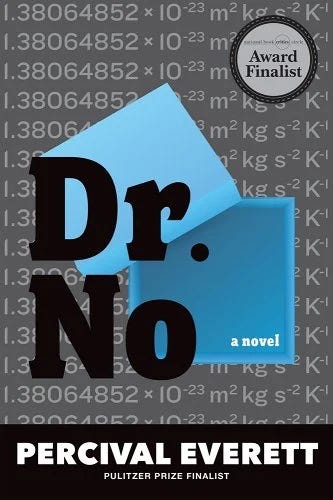
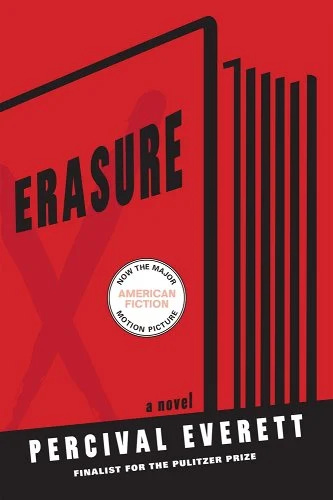
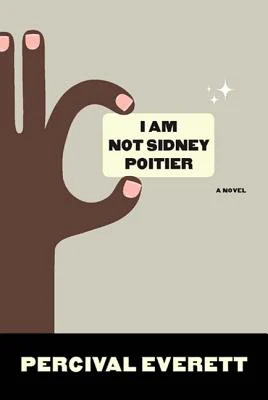
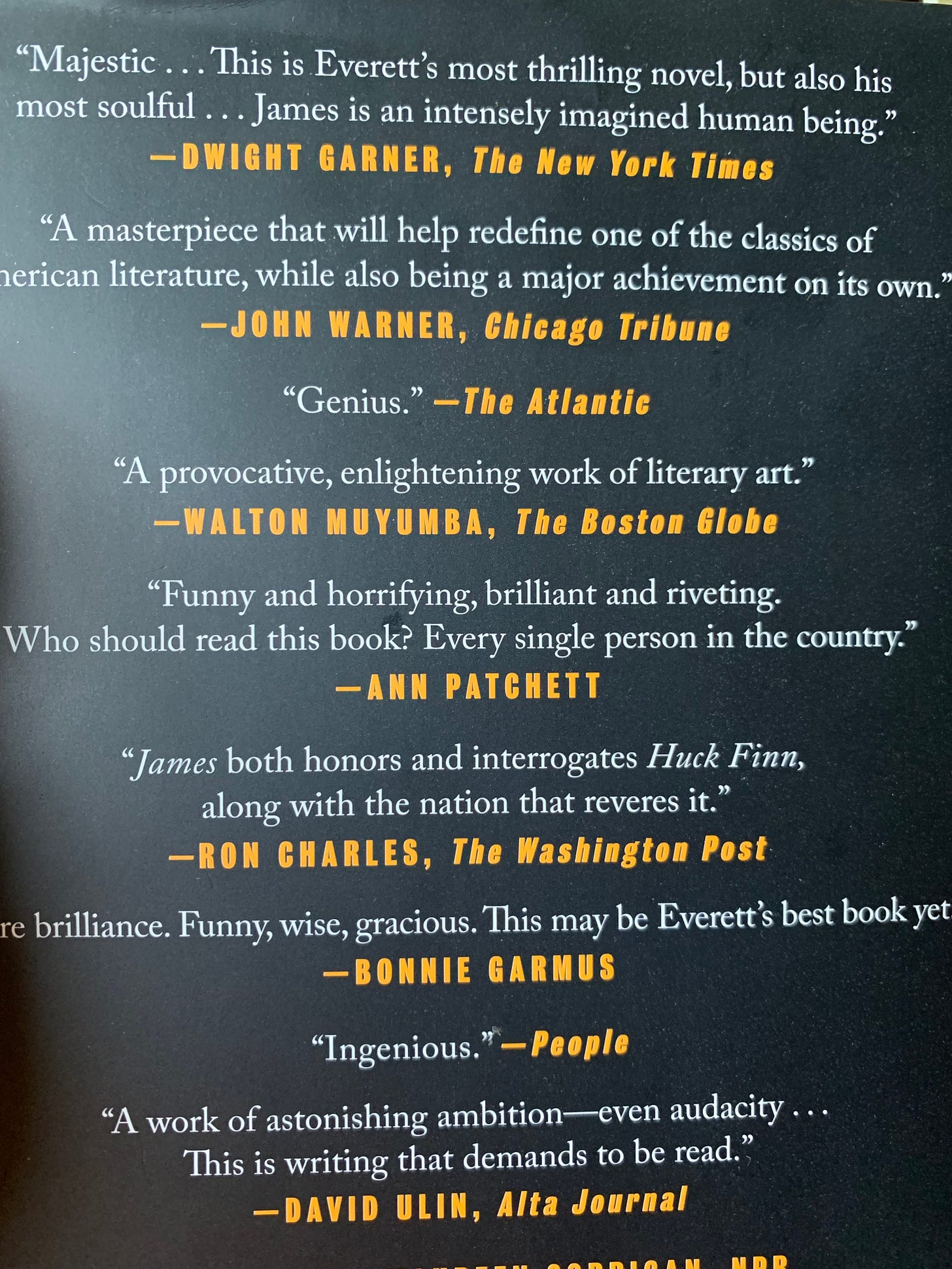
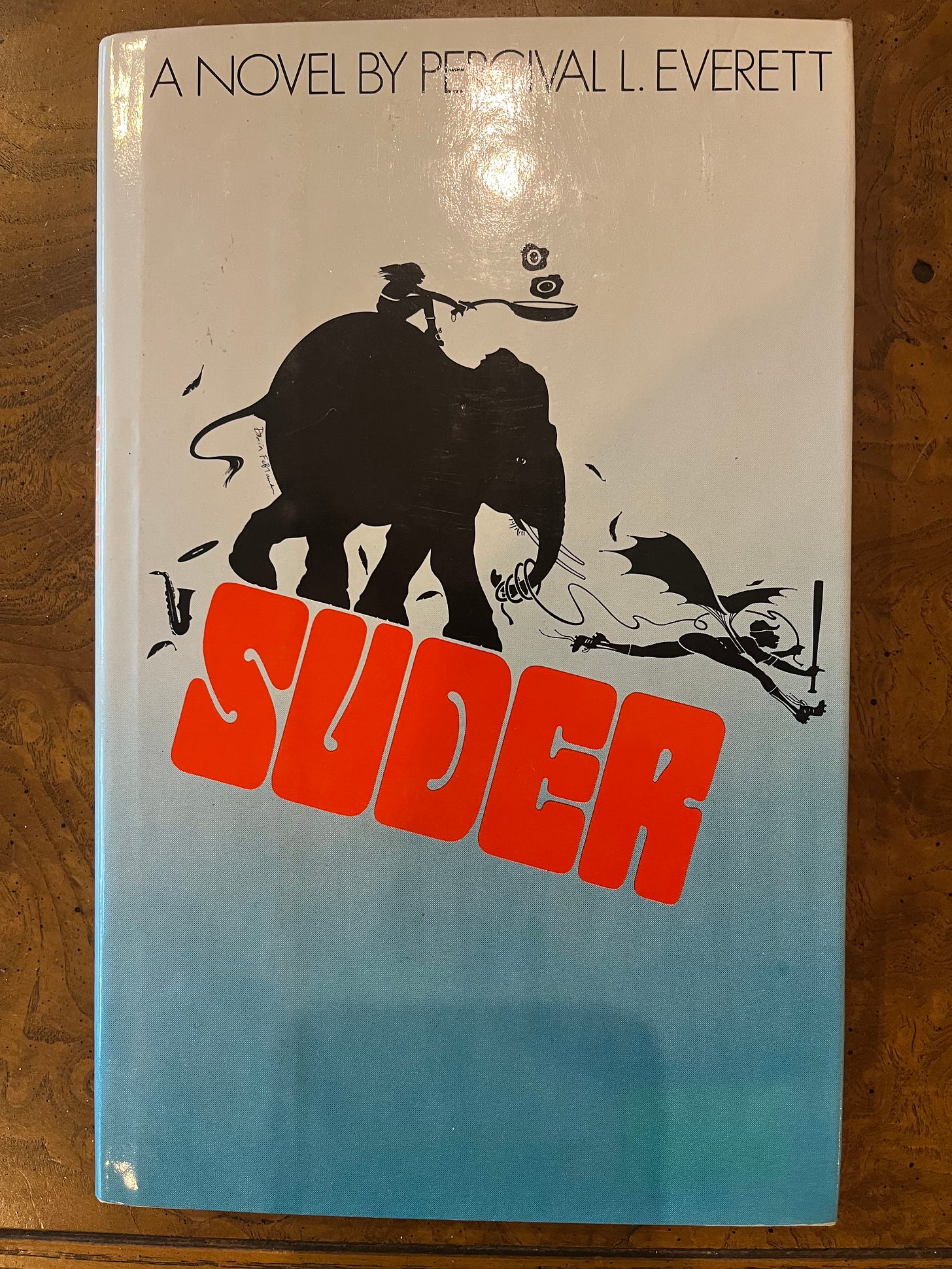
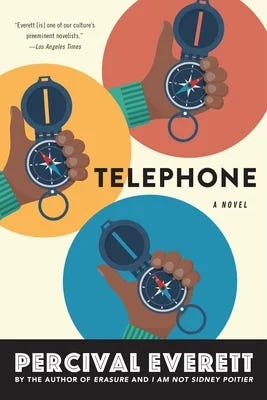

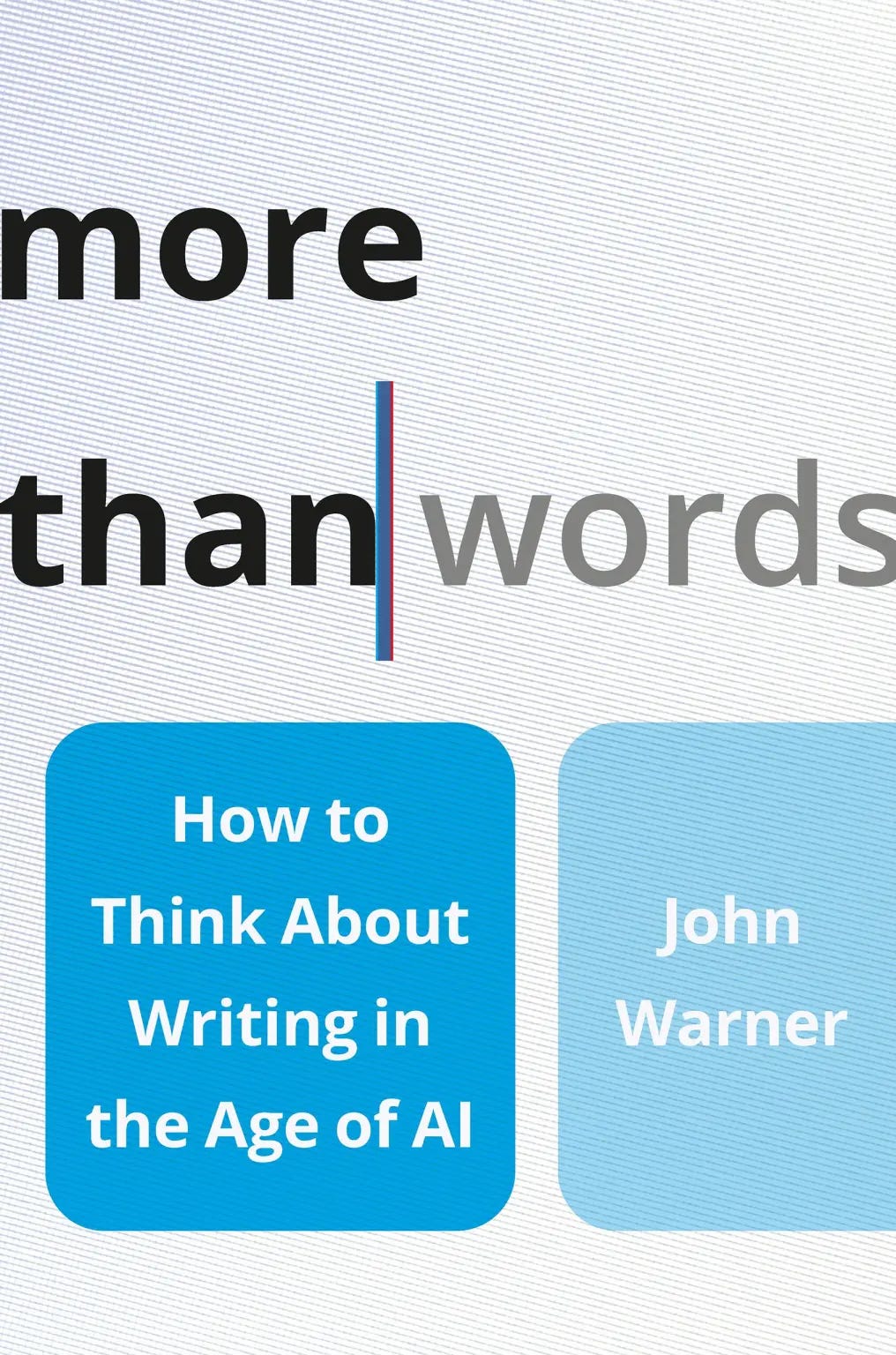
As a relative newbie with Everett with lots more read, this is just what I need. Heading off to get Telephone.
Percival Everett is my favorite author. I marvel at the way he writes. I've only read 7 of his books and would have trouble ranking them. But agree that The Trees is number one. It was the first I read and it has stuck with me and was the reason I read more of him. Each book is different and clever. Also enjoyed his acceptance speech at the National Book Awards.